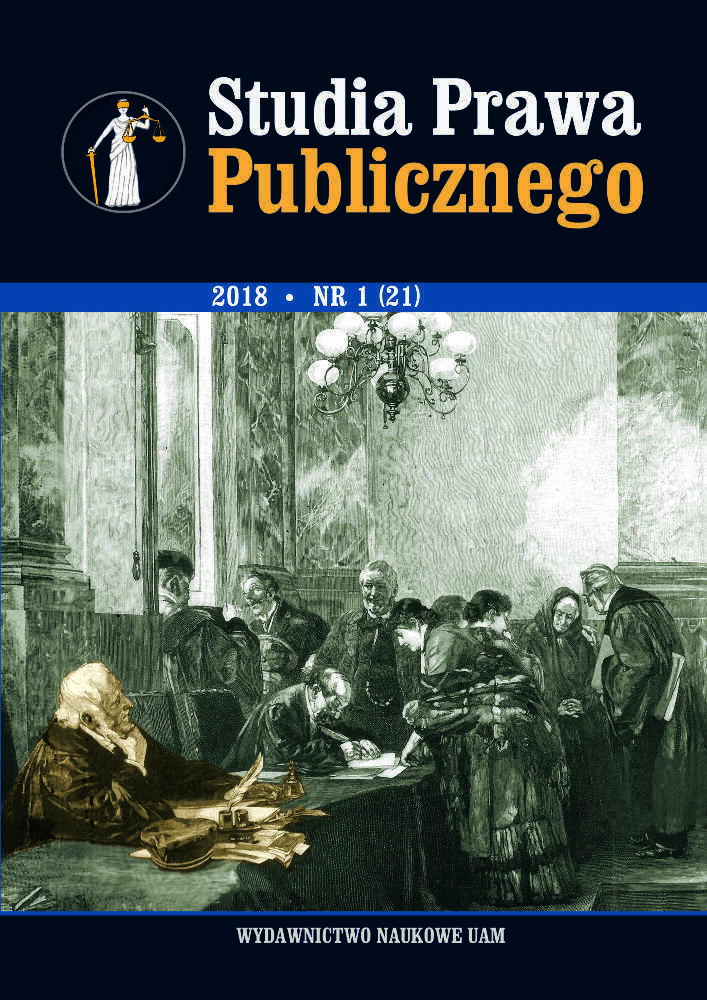Abstrakt
The article describes the competence of the Financial Ombudsman to submit to the court of law a view (observation) relevant to a case before the court. For long this instrument has been reserved for non-governmental organisations only. In December 2007, the Insurance Ombudsman was vested with such a competence as well. However, the scope of cases in which the Insurance Ombudsman can submit observations is limited to disputes arising from insurance contracts and disputes concerning members of pension funds or participants of occupational pension schemes. With the establishment in October 2015 of the Financial Ombudsman (who is the legal successor of the Insurance Ombudsman), this competence has been extended to cases and disputes regarding all clients of financial market entities. Submitting an observation is intended to enable the transfer of knowledge and experience of the Financial Ombudsman as a specialist in matters concerning financial market services, to the courts of law. In practice however, certain doubts arise in regard to how this instrument should be used properly. In particular, it is not always clear in which cases the Financial Ombudsman may be allowed to submit an observation and in what circumstances such a possibility should be considered as unacceptable or undesirable. Also, the legal character of an observation and its legal nature in regard to the civil procedure is being assessed differently. Thus the question arises on what the content and scope of an observation should be based. In regard to the main task imposed on the Financial Ombudsman, namely the protection of the rights and interests of clients of financial market entities, it seems only reasonable that the content and scope of an observation as well as the decision on whether it will be submitted to the court at all remains in the exclusive judgment of the Financial Ombudsman. The main aim of the article is to analyse these issues based on the experience of the Financial Ombudsman resulting from the use of the instrument in practice.
Licencja
Prawa autorskie (c) 2018 Bartosz Wyżykowski

Utwór dostępny jest na licencji Creative Commons Uznanie autorstwa – Użycie niekomercyjne – Bez utworów zależnych 4.0 Międzynarodowe.
